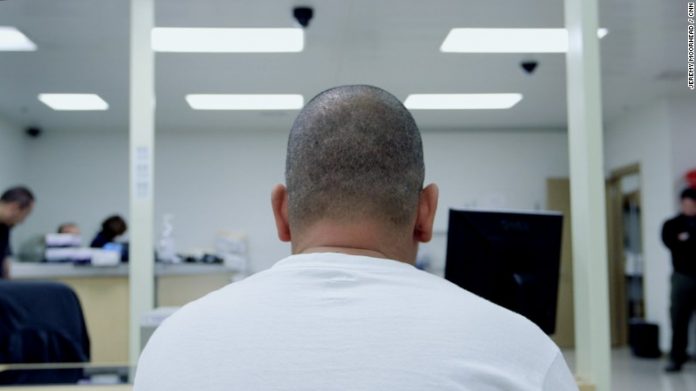
WASHINGTON – House Republicans with oversight of the nation’s capital are taking aim at D.C. Mayor Muriel Bowser’s plan to use taxpayer money to defend illegal immigrants from deportation.
The mayor received a letter Wednesday from Reps. Jason Chaffetz, R-Utah, chairman of the House Oversight Committee, and Mark Meadows, R-N.C., head of the subcommittee for District affairs, warning Bowser, D, that her plan appears to violate federal law and that the committees are investigating.
Bowser this month joined leaders from Chicago, Los Angeles and New York in announcing that Washington would set up a legal-defense fund to represent illegal immigrants targeted for deportation under policies of President Trump.
The fund, Bowser said, would “double down” on Washington’s status as a “sanctuary city.” D.C. police are already instructed not to ask about immigration status, and city corrections officials provide only limited help in identifying nonviolent criminals to federal agents for deportation.
Bowser said the $500,000 fund would take the city beyond being just a sanctuary, providing initial funding for Washington to defend its estimated 25,000 illegal immigrants. The efforts, she said, would include hiring lawyers to conduct seminars for illegal immigrants to know their rights with federal agents, and to represent city residents in deportation proceedings and in applying for asylum.
Washington’s complicated financial relationship with the federal government, however, means that D.C. may have less latitude than cities in the 50 states to carry out the plan.
Because D.C. is a federal territory, local lawmakers cannot spend any of the city’s local tax revenue – which tops $7 billion annually – in ways that conflict with federal spending rules. And a decades-old federal law known as the Immigration and Nationality Act says that no taxpayer money can be used to assist illegal immigrants in fighting deportation.
Chaffetz and Meadows cited the law in their letter and ordered Bowser’s office to turn over all documents related to the planned fund, including any internal legal documents drafted to defend the mayor’s proposal, as well as a list of outside organizations that could receive grant money from the fund.
“The District’s planned use of funds . . . to pay for legal representation of individuals subject to removal proceedings appears to be in conflict with existing federal law,” Chaffetz and Meadows wrote.
A spokeswoman for their committees declined to comment.
Bowser said the congressional investigation highlighted anew Washington’s need for statehood and the “special” burden the city’s residents face. “These are the types of questions we will be called to answer,” she said.
The letter from Chaffetz and Meadows arrived as Trump was at the Department of Homeland Security, announcing an executive order to build a wall along the U.S.-Mexico border and to ramp up deportations of illegal immigrants already in the country.
Trump’s order instructed his administration to identify federal funding that could be withheld from D.C. and other cities if they maintained sanctuary policies.
D.C. budget officials quickly said the order could wreak havoc on the city, potentially calling into question billions in annual funding assistance.
But as mayors nationwide weighed in with defiant statements, Bowser’s office remained quiet for more than three hours.
Bowser later said that the city would remain a sanctuary city, but added that the letter from Chaffetz demanding that the city produce documents had complicated its response to Trump. Aides to the mayor said she had held a long conference call with Del. Eleanor Holmes Norton, Washington’s nonvoting representative in Congress, to plot a response.
It is not the first time that Chaffetz has tussled with Bowser.
Two years ago, the oversight chairman raised the prospect of the mayor facing jail time for violating federal drug laws if she proceeded with carrying out a ballot measure legalizing marijuana in D.C.
Bowser allowed a partial legalization, letting residents carry and consume marijuana. But she did not press a bigger showdown with Chaffetz to tax and regulate it, as Colorado and other states have where voters passed similar measures.
Washington has been left with one of the nation’s most tortured marijuana policies, in which possession is legal, but sales and purchases remain illegal.
Chaffetz dropped the matter amid warnings by then-President Barack Obama that the White House supported Washington’s rights to set its own drug laws.
With a Republican in the White House, it is unclear how far House Republicans may now go in asserting control over Washington.
This week, the House passed a bill that would permanently ban Washington from spending its own tax money to subsidize abortions for low-income women. The White House issued a statement that it would sign the bill.
Similar efforts to roll back D.C. gun laws also have been introduced in the House.
(c) 2017, The Washington Post · Aaron C. Davis

